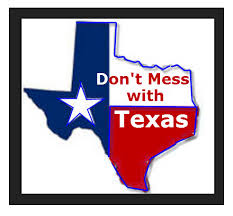 Texas courts are increasingly encountering efforts to challenge restrictive covenant agreements on free speech grounds, where the restricted activity includes business-related communications. A recent Texas appellate court decision indicates that this strategy has its limits.
Texas courts are increasingly encountering efforts to challenge restrictive covenant agreements on free speech grounds, where the restricted activity includes business-related communications. A recent Texas appellate court decision indicates that this strategy has its limits.
In Hieber v. Percheron Holdings, LLC, No. 14-19-00505-CV (Tex. App.—Houston [14th Dist.] Nov. 14, 2019), Percheron Holdings, LLC (“Percheron”)
 Although most employers are very familiar with the usual discovery process of litigation, they may not be as familiar with the Texas Rules of Civil Procedure’s Rule 202, which concerns pre-suit depositions. Rule 202 can be used, for example, by an employer who wants to learn more about a former employee’s activities before commencing a
Although most employers are very familiar with the usual discovery process of litigation, they may not be as familiar with the Texas Rules of Civil Procedure’s Rule 202, which concerns pre-suit depositions. Rule 202 can be used, for example, by an employer who wants to learn more about a former employee’s activities before commencing a In a detailed, 26-page published decision in the matter of
In a detailed, 26-page published decision in the matter of 
